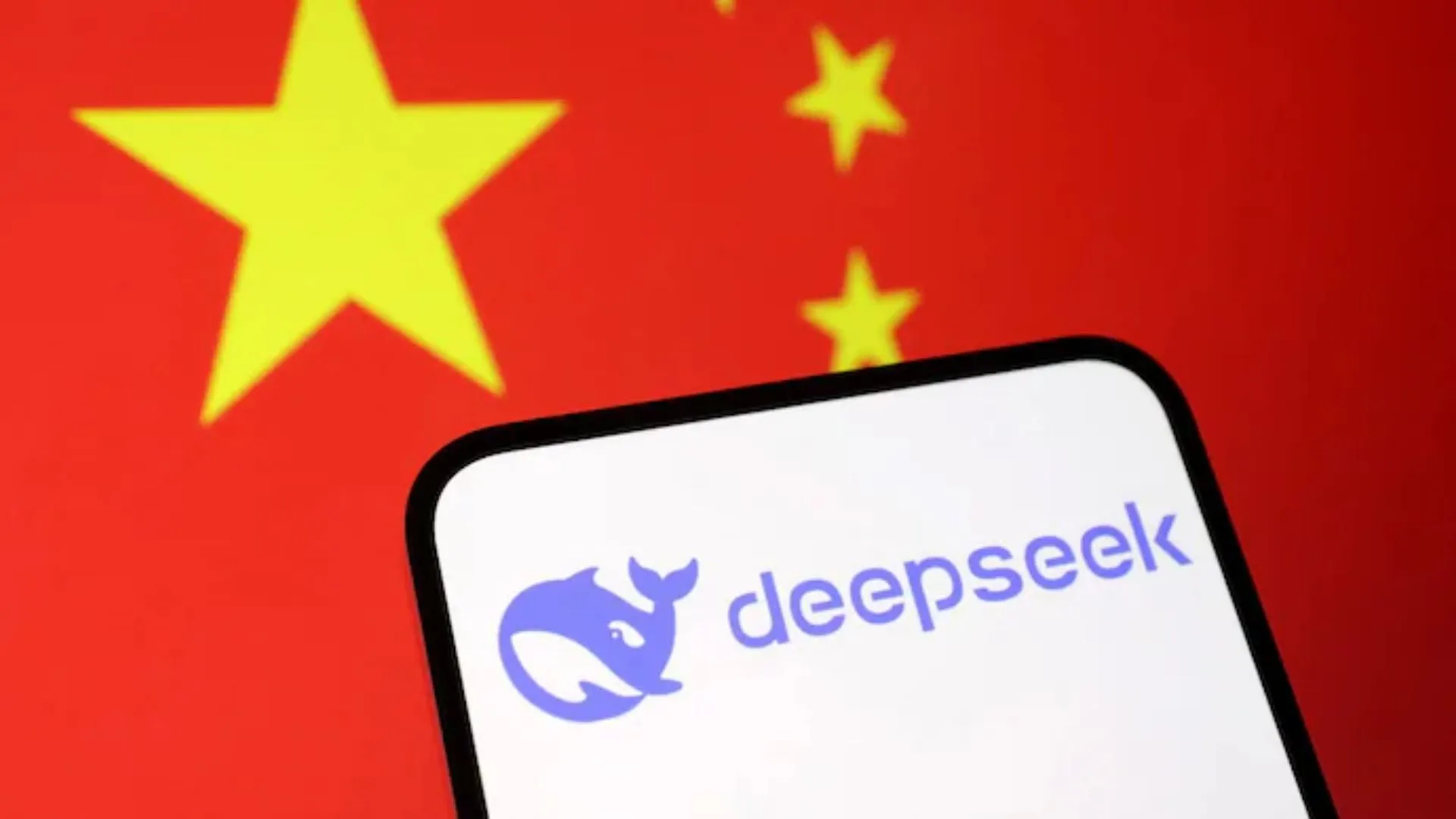A new artificial intelligence tool, DeepSeek, has ignited serious concerns among cybersecurity experts after it was revealed that the software may be secretly transmitting user data to the Chinese government. The revelation comes amid rising alarm about the Chinese-based technology companies’ potential to access and monitor sensitive data worldwide.
DeepSeek, which caused a stir last week when it announced its AI model had been developed at a fraction of the cost of its American competitors, is now under intense scrutiny. While its low cost caught the attention of the tech industry, experts have raised red flags about the tool’s code, which allegedly harbors the ability to send user data directly to Chinese government-controlled entities.
Ivan Tsarynny, the CEO of Feroot Security, an Ontario-based cybersecurity firm, told ABC News that upon decrypting parts of DeepSeek’s code, he discovered links to Chinese servers. He described the situation as unprecedented, noting, “We see direct links to servers and to companies in China that are under control of the Chinese government. And this is something that we have never seen in the past.”
Experts believe that DeepSeek may unknowingly create accounts for its users in China, thereby making their identities, search histories, and online behaviors accessible to Chinese state systems. Tsarynny’s investigation led him to a surprising discovery—DeepSeek’s code includes hidden programming capable of sending user data to CMPassport.com, an online registry linked to China Mobile, a government-owned telecommunications company in China.
This revelation raises concerns, as China Mobile had been banned from operating in the United States by the Federal Communications Commission (FCC) in 2019 due to security concerns, such as unauthorized access to customer data. Furthermore, it was delisted from the New York Stock Exchange in 2021 and added to the FCC’s list of national security threats in 2022.
John Cohen, a former acting Undersecretary for Intelligence and Analysis for the Department of Homeland Security and an ABC News contributor, said that DeepSeek is one of the clearest examples of suspected Chinese government surveillance. He explained, “National security officials always suspect that technology sold by a Chinese-based company has a backdoor making that data accessible to the Chinese government. In this case, the back door’s been discovered, it’s been opened, and that’s alarming.”
Rep. Josh Gottheimer (D-NJ), a member of the House Intelligence Committee, echoed these concerns, calling for immediate action. “I think we should ban DeepSeek from all government devices immediately. No one should be allowed to download it onto their device. And I think we have to inform the public,” he said.
DeepSeek’s terms of service make it clear that the app is governed by Chinese law, and its privacy policy reveals that it collects a wide range of personal data, including chat and search query history, keystroke patterns, and IP addresses. Experts remain uncertain about the extent of the data that may be transmitted to China Mobile, which has raised alarms about the broader implications for user privacy and national security.
Tsarynny’s analysis also found that DeepSeek’s web tool creates a digital “fingerprint” for each unique user, enabling the tracking of their activity not only within the app but across the web. The potential for such widespread surveillance has led to growing concerns over how this technology may impact users’ online privacy.
Rep. Raja Krishnamoorthi (D-IL), the top Democrat on the House Select Committee on the Strategic Competition Between the United States and the Chinese Communist Party, expressed deep unease about the situation. He told ABC News, “I think there’s absolutely the intention by the CCP to collect data of Americans and user data worldwide… This pattern of data collection is really familiar to people who study the use of CCP-controlled-company apps, and you use those apps at your own risk.”
Despite the gravity of the allegations, DeepSeek, along with its founder, High-Flyer, and China Mobile, have yet to respond to multiple requests for comment.
ALSO READ: iQOO Neo 10R VS Nothing Phone 3a, Which Mid-Range Phone Under ₹30,000 Is Worth Considering























